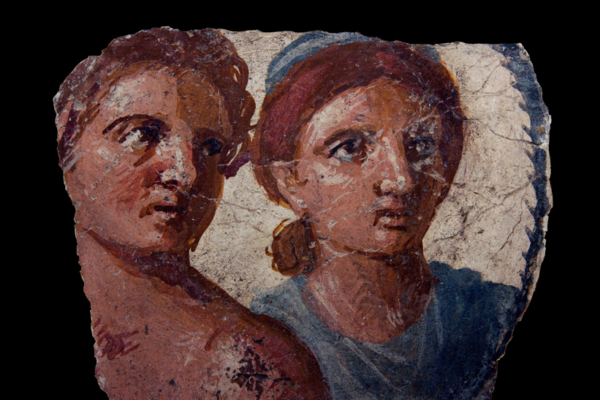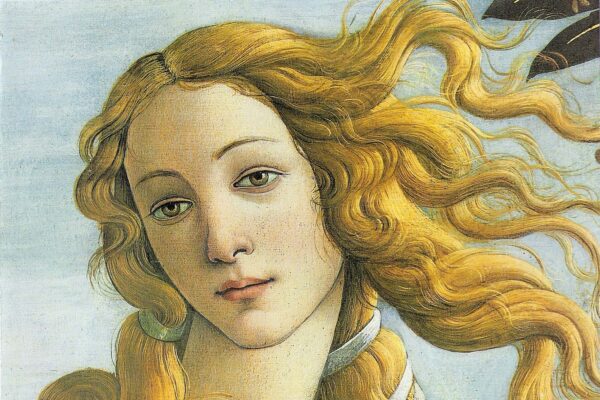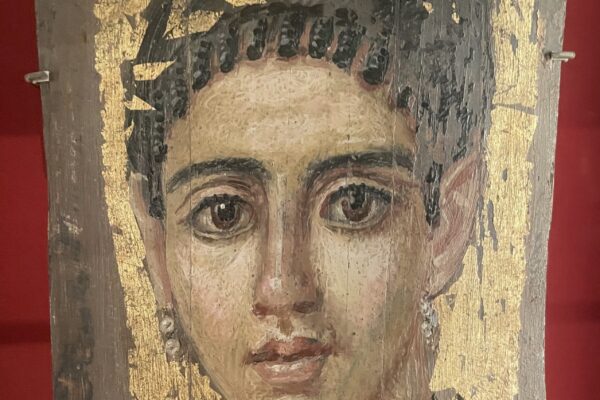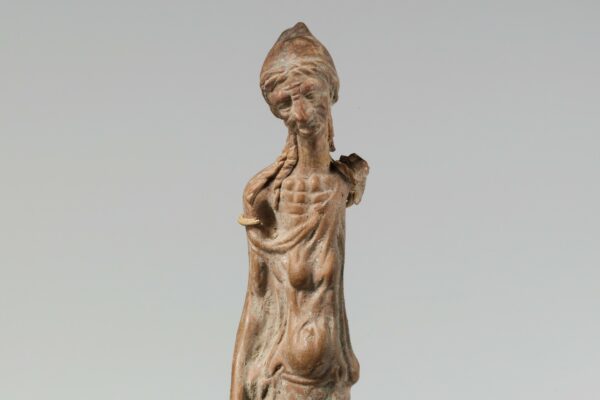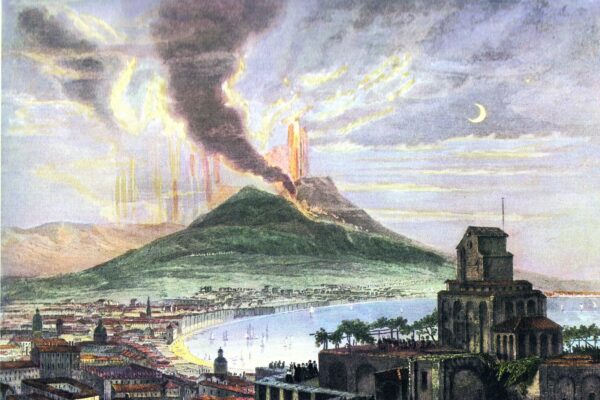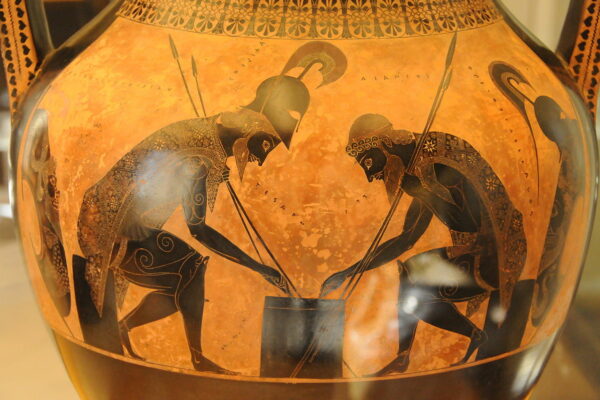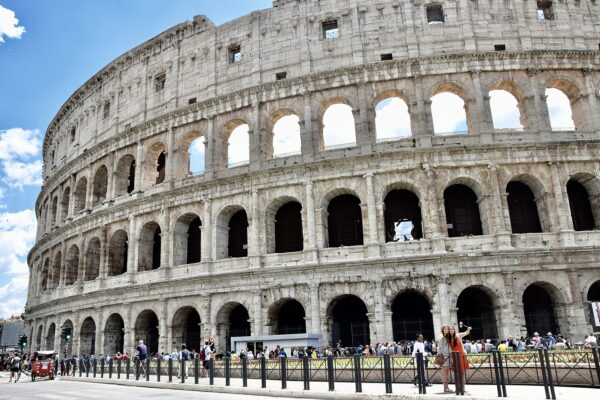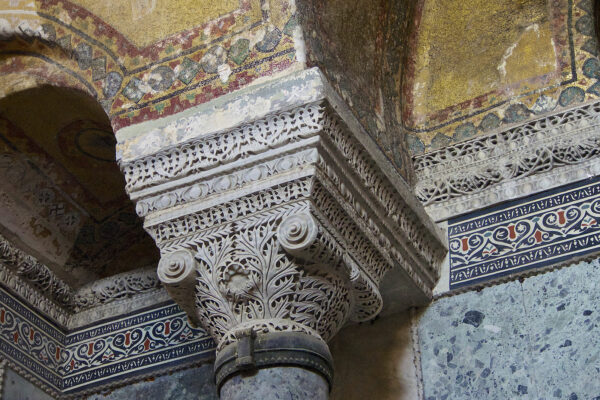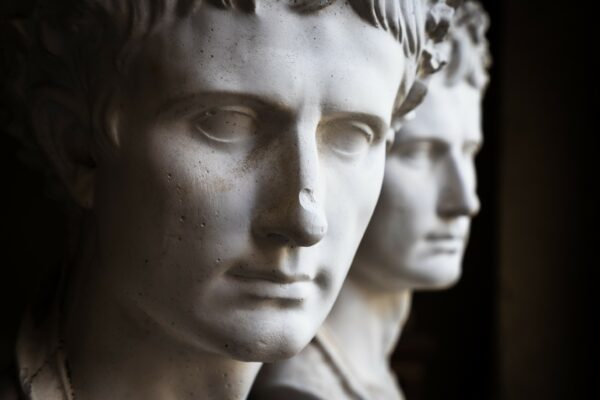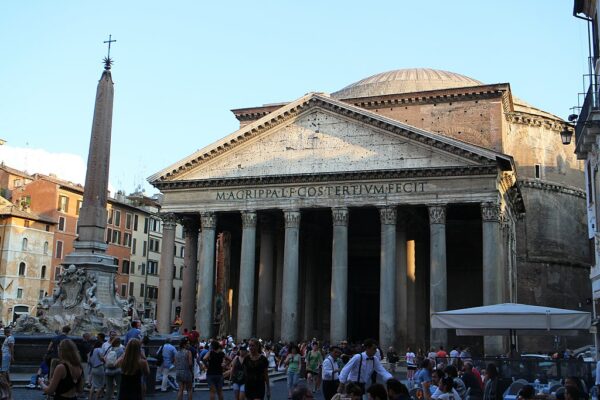Have you ever wondered if concepts like “female” or “male,” “woman” or “man” have been consistent across cultures? Or whether past peoples thought about sexual identity, morality, and orientation in the same way that you do? Maybe you’ve heard rumors that Ancient Greece and Rome were basically wild orgies, societies that contributed to their own …
Read More

